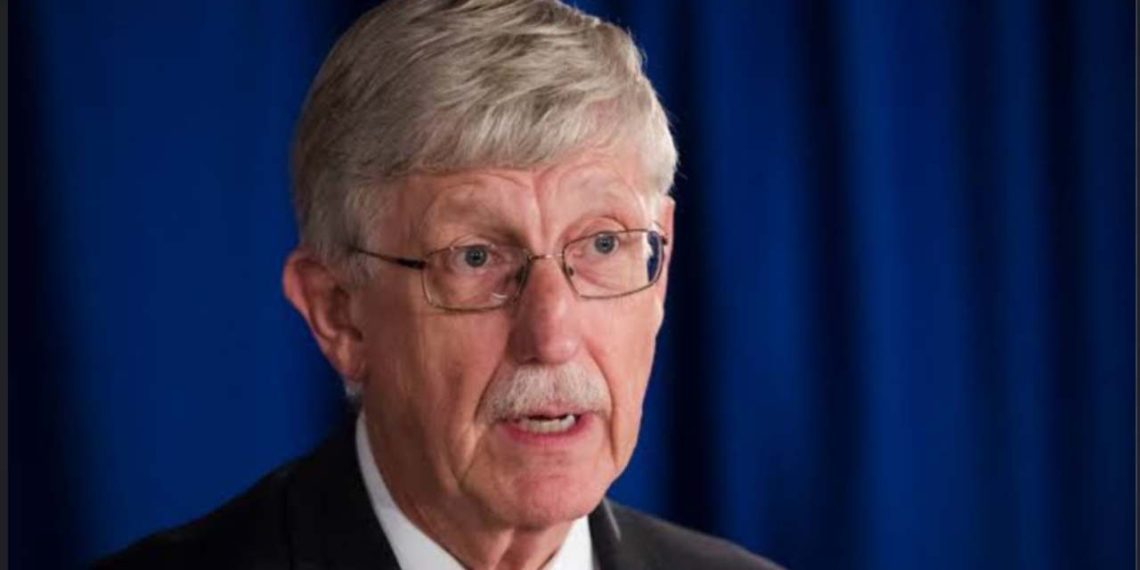The ex-director of the National Institutes of Health (NIH), Francis S. Collins, disclosed his prostate cancer diagnosis and explained his choice to share it publicly in an essay.
Collins acknowledged his awareness of rising prostate-specific antigen (PSA) levels, which often indicate prostate cancer, particularly prevalent in men over 65.
But an MRI scan conducted a month ago uncovered an enlarging tumor and escalating PSA levels.

“New biopsies taken from the mass showed transformation into a much more aggressive cancer,” Collins wrote in the essay.
“When I heard the diagnosis was now a 9 on a cancer-grading scale that goes only to 10, I knew that everything had changed.”
Collins served as the director of the NIH from 2009 to 2021 and currently leads the White House initiative aimed at “eliminating hepatitis C” in the U.S.
He revealed that a PET scan concluded,
“There was no detectable evidence of cancer outside of the primary tumor.”
He mentioned that he is scheduled to undergo a radical prostatectomy procedure to completely remove his prostate gland later this month.
“While there are no guarantees, my doctors believe I have a high likelihood of being cured by the surgery,” he wrote.
“I want all men to have the same opportunity that I did. Prostate cancer is still the No. 2 killer of men,” Collins continued.
“I want the goals of the Cancer Moonshot to be met — to end cancer as we know it. Early detection really matters, and when combined with active surveillance can identify the risky cancers like mine, and leave the rest alone.”
The Cancer Moonshot initiative was launched during President Obama’s second term as part of the 21st Century Cures Act, passed in 2016, with the aim of reducing the death rate from cancer and supporting those living with the disease. President Biden has continued these efforts.

Collins, a physician-geneticist, highlighted a high prostate cancer survival rate of 97 percent, according to the American Cancer Society, but noted that it drops significantly to 34 percent if the cancer spreads to distant areas of the body.
In his essay, Collins addressed disparities in treatments and screenings, particularly affecting Black men who face a higher likelihood of being impacted by prostate cancer.
“Why am I going public about this cancer that many men are uncomfortable talking about,” Collins wrote.
“Because I want to lift the veil and share lifesaving information, and I want all men to benefit from the medical research to which I’ve devoted my career and that is now guiding my care.”





